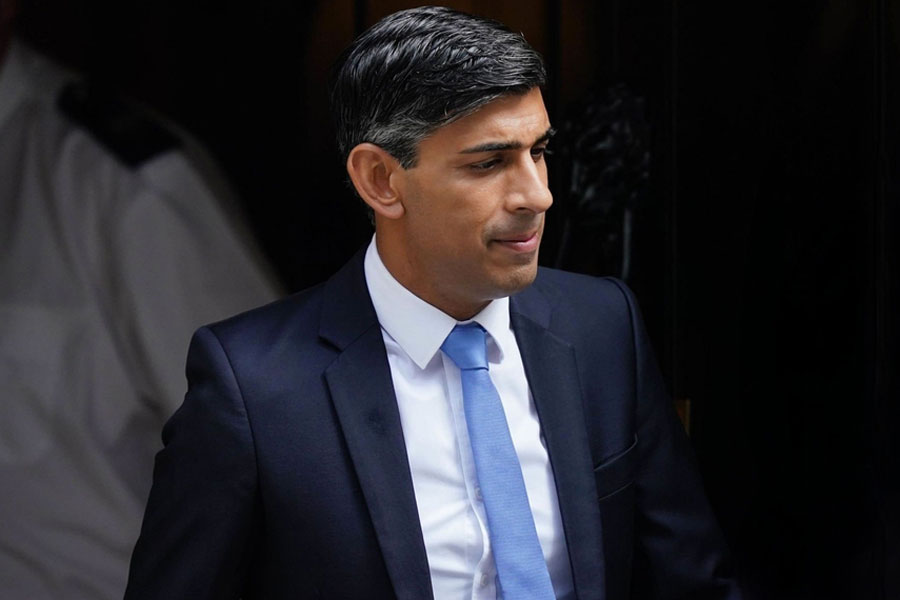Britain’s Conservative government finally won passage of its flagship immigration policy on Monday, enshrining a Rwanda deportation bill that human rights campaigners say is inhumane, immigration experts say is unworkable and legal critics say has corroded the country’s reputation for rule of law.
The legislation is designed to allow the government to put some asylum-seekers on one-way flights to Rwanda, where they would have their claims processed by authorities in that Central African country. If they were then granted refugee status, they would be resettled in Rwanda, not Britain.
From the moment the plan was first introduced in 2022, under then-Prime Minister Boris Johnson, experts said it would breach Britain’s human rights obligations under domestic and international law.
Even after the passage of the new bill, which came under heavy opposition in the House of Lords and effectively overrides a ruling by Britain’s Supreme Court, any deportation attempts are likely to encounter a flurry of further legal challenges, making it unlikely that large numbers of asylum-seekers will ever be sent to Rwanda.
Yet Prime Minister, Rishi Sunak, insisted on Monday that the government would operate multiple charter flights every month, starting in 10 to 12 weeks. “These flights will go, come what may,” a feisty Sunak said, hours before the final vote. “This is novel,” he said of the policy. “It is innovative, but it will be a game-changer.”
The plan’s tortured journey into law speaks mostly to the state of politics in post-Brexit Britain: A divided Conservative Party, desperate to exploit anxiety about immigration to close a polling gap with the Labour Party, has clung to the policy for two years despite legal setbacks and deep doubts about its expense and viability.
Although it is conceivable that the government could get some flights off the ground before a general election, it would have only done so at a cost of hundreds of millions of pounds and, critics say, a blot on the country’s reputation as a bulwark of international and human rights laws.










